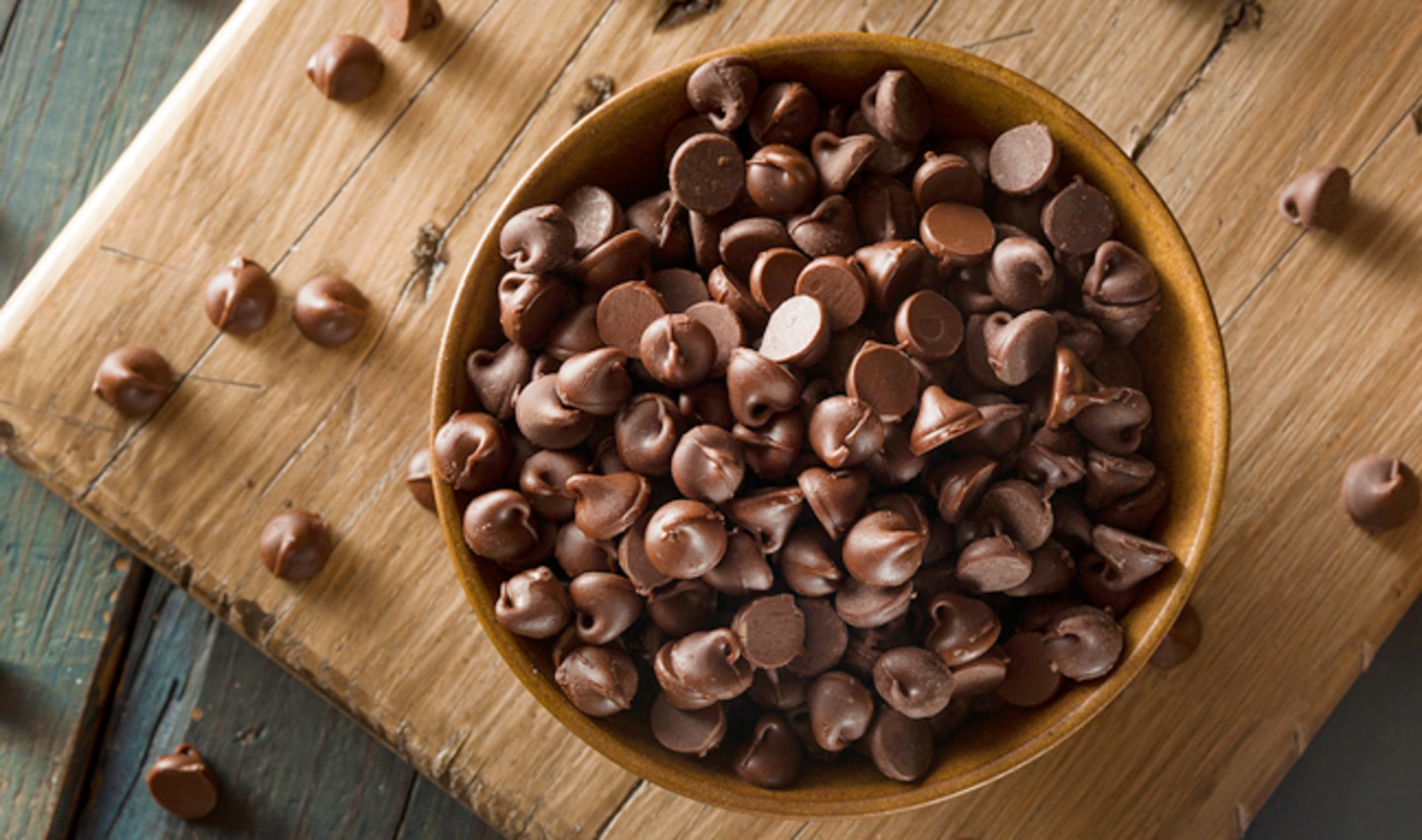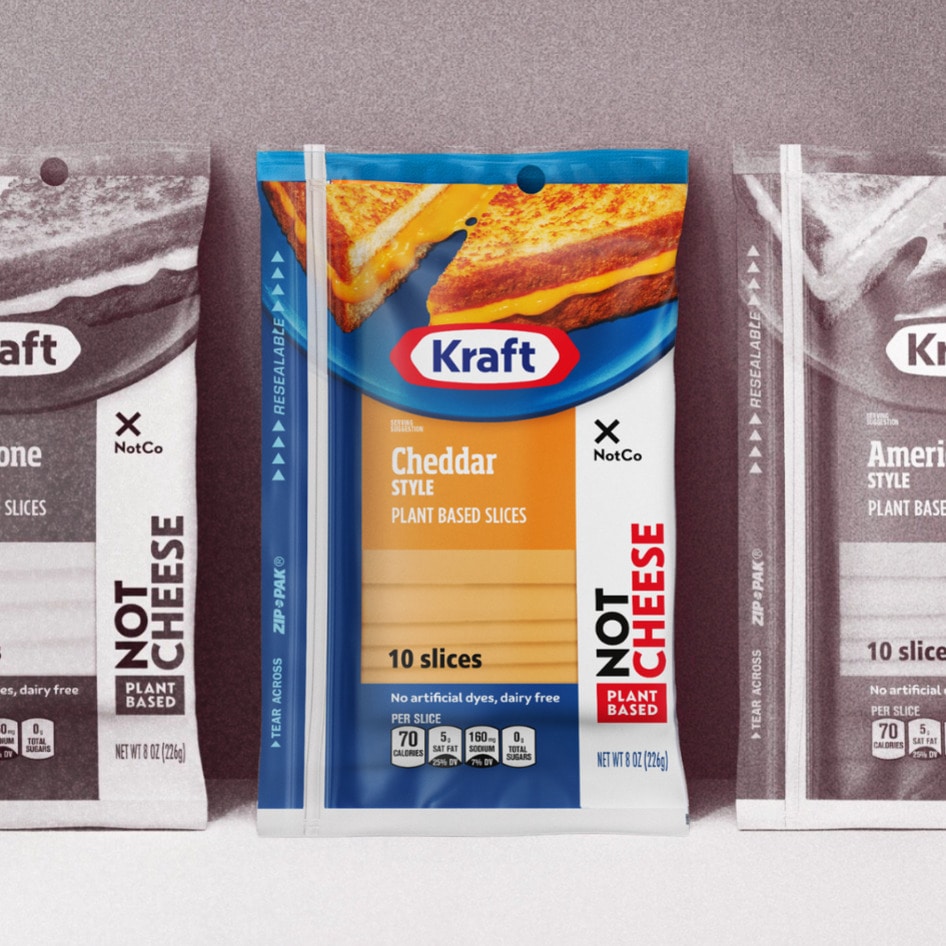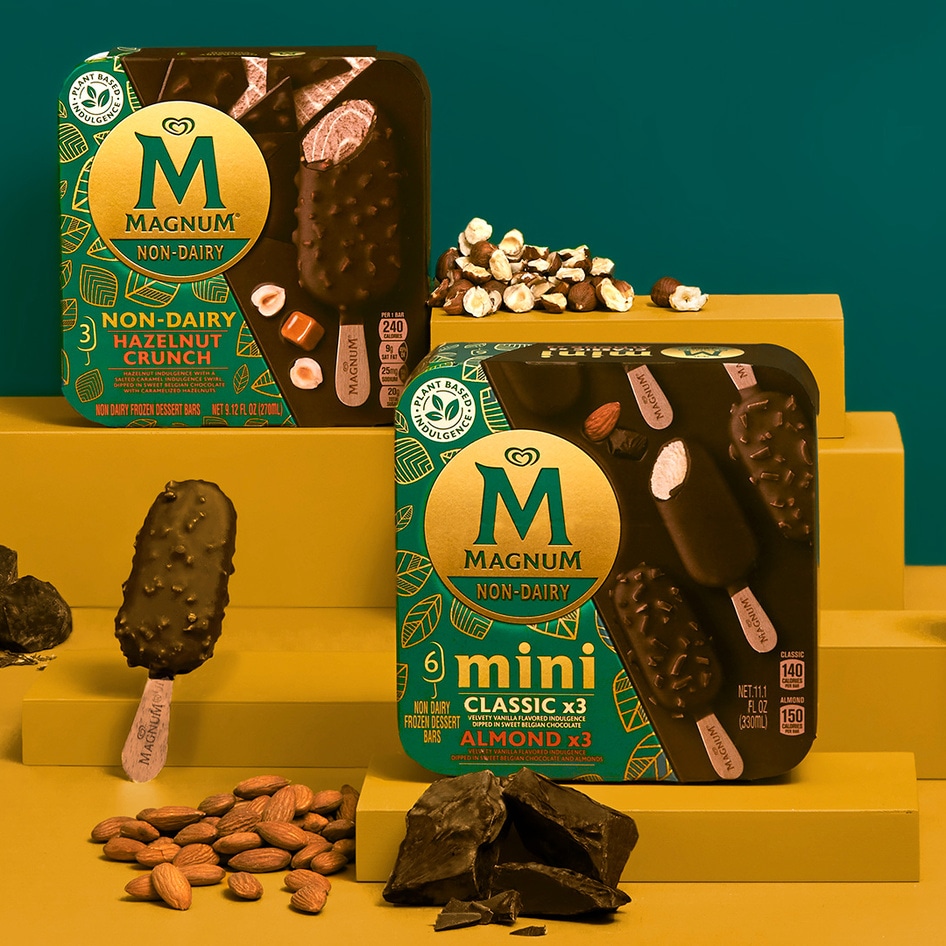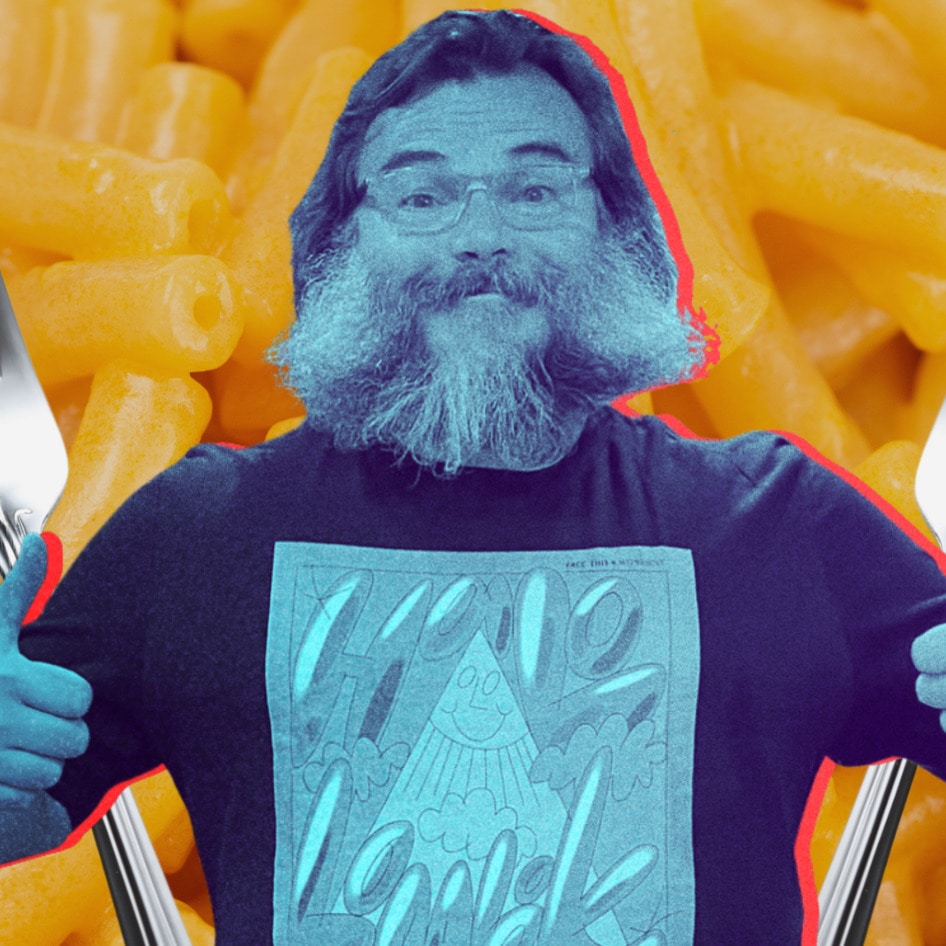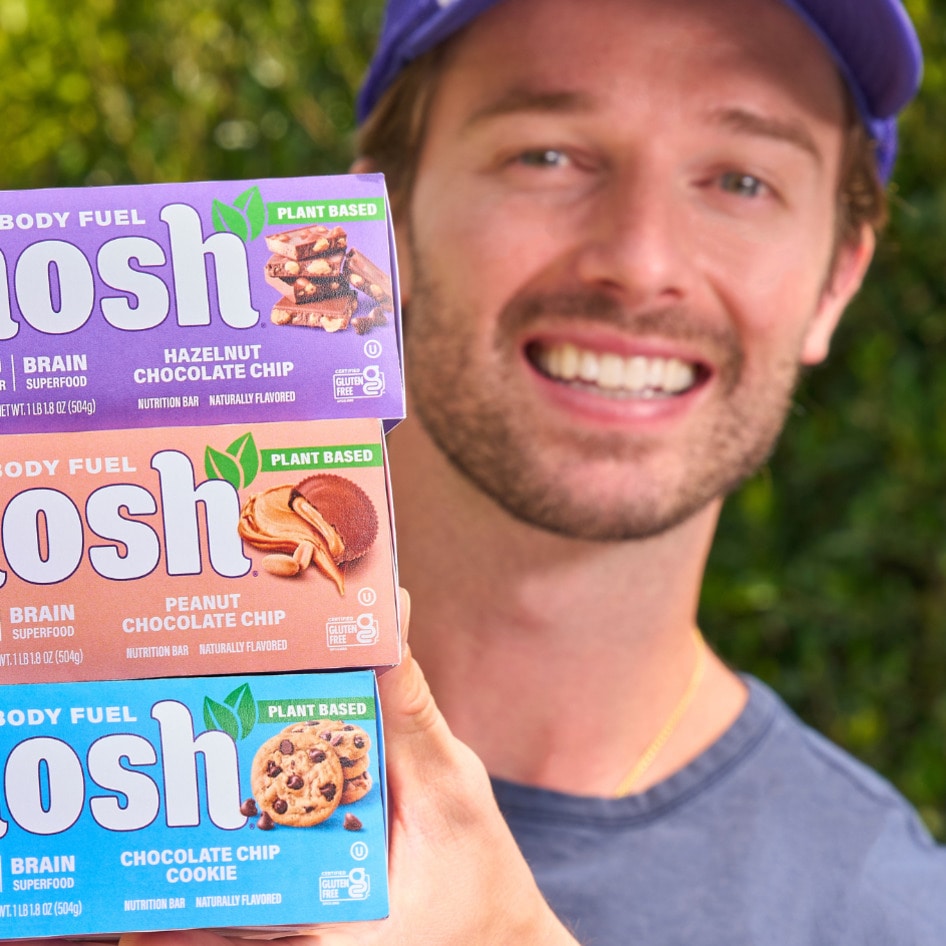Chocolate lovers who care about flavor and the future of food may soon see their favorite treats shaped by artificial intelligence. Barry Callebaut, one of the world’s biggest chocolate makers, has partnered with Chilean food-tech company NotCo AI, best known for its vegan meat and dairy products, to explore whether algorithms can help develop better, more sustainable chocolate—faster than traditional recipe testing ever could.
The two companies say the goal is to pair Barry Callebaut’s long-standing cocoa expertise with NotCo’s massive ingredient dataset to build what could become the industry’s first end-to-end AI innovation hub.
 Canva
Canva
In announcing the partnership, Peter Feld, CEO of Barry Callebaut, said the company sees this as an opportunity to reimagine how quickly it can respond to changing consumer needs. “This agreement marks an exciting step forward for Barry Callebaut and for our customers,” Feld said. “It reflects our commitment to creating the best customer experience by boosting innovation and speed to market. By combining our deep chocolate expertise and global reach with NotCo’s advanced AI capabilities, we’re aiming to unlock speed for breakthrough recipe solutions—from health-forward formulations to functional ingredients and Nutri-Score-friendly options.”
This is not NotCo’s first high-profile partnership. It joined forces with Kraft Heinz in 2022 to create a joint venture called The Kraft Heinz Not Company, combining NotCo’s algorithmic “Giuseppe” system with Kraft Heinz’s global manufacturing, brand portfolio, and scale. The venture aims to rapidly develop co-branded plant-based products such as Kraft NotMac & Cheese, NotMayo, and NotCheese Slices, and most recently Oscar Mayer NotHotDogs and NotSausages, tapping Kraft Heinz’s marketing and distribution strength and NotCo’s AI-powered ingredient innovation.
What AI could bring to the chocolate aisle
For everyday chocolate lovers, this partnership could eventually translate into new flavors, upgraded textures, and more sustainable ingredients—all informed by predictive models rather than slow, expensive trial-and-error. NotCo’s platform relies on a decade of high-fidelity ingredient data, from flavor compounds to functional behavior, which allows the system to simulate how various combinations might perform before anyone melts a single batch of cocoa.
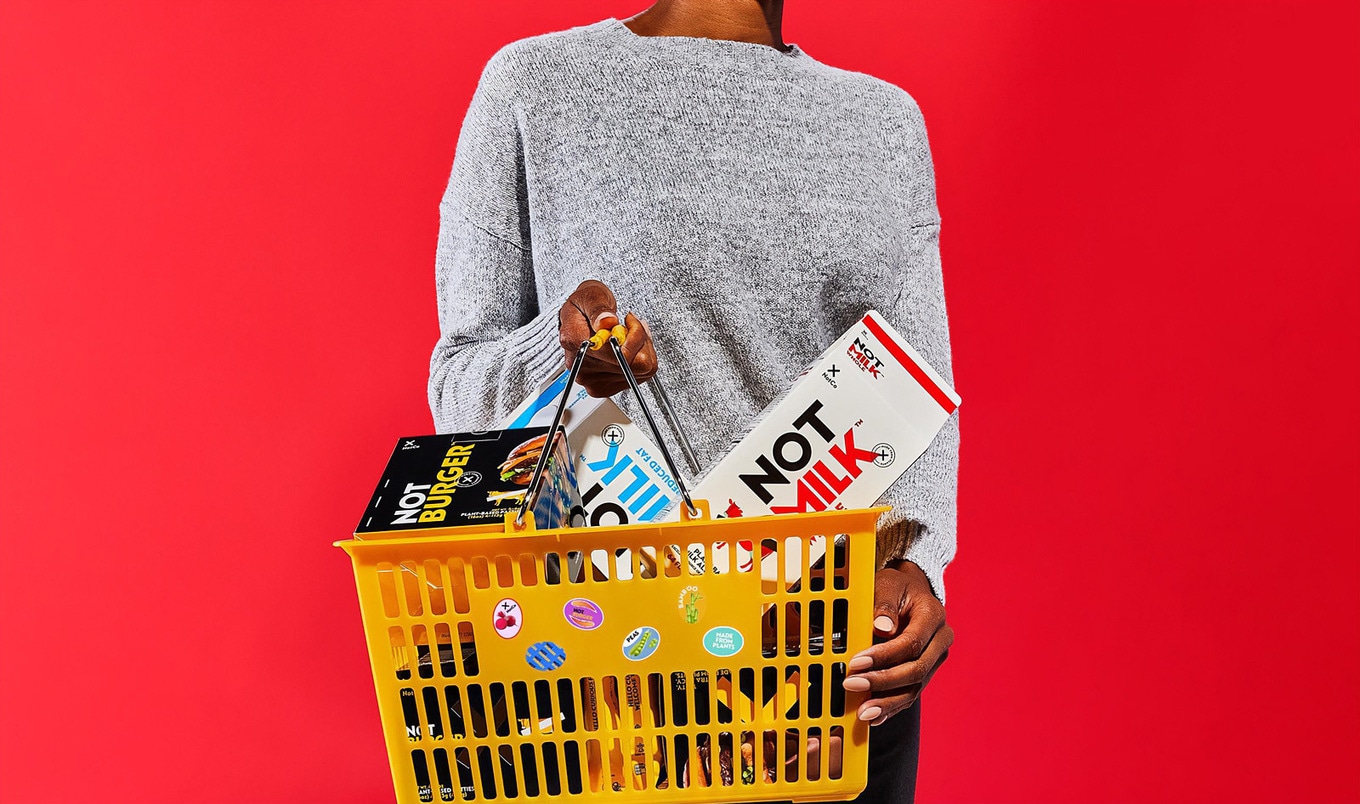 NotCo
NotCo
Matias Muchnick, co-founder and CEO of NotCo AI, framed that dataset as the company’s biggest advantage. “Our high-fidelity data corpus collected for the past 10 years has become the most fundamental value proposition for the next generation of CPG and ingredient companies of the future,” he said. “By integrating Barry Callebaut’s unparalleled chocolate knowledge with our general-purpose approach platform, we’re creating a personalized and unique innovation engine that will set a new standard for the entire industry.”
If the pilot works as intended, AI could help shorten development cycles, boost hit rates, and make it easier for chocolatiers to experiment with health-forward or plant-forward ingredients. For consumers, the outcome could range from lower-sugar bars that still taste indulgent to confections designed with more climate-resilient formulations in mind.
Why the chocolate industry needs new tools
The partnership lands during a turbulent moment for the global cocoa industry. Supply chain pressures, tight harvests, and climate-related crop losses have driven cocoa costs higher and forced food companies to rethink how they formulate products. Cocoa prices have eased after the Trump administration dropped the 10 percent reciprocal tariff on commodities not grown in the US, but rising ingredient instability has pushed manufacturers toward more agile, tech-enabled innovation methods.

BECOME A VEGNEWS VIP: Get exclusive product deals, freebies, and perks galore!
Barry Callebaut’s broader digitalization strategy identifies AI as a potential tool for building more resilient and flexible chocolate systems. That includes the possibility of experimenting with alternative fats, adjusting cocoa ratios without compromising flavor, or identifying combinations of plant-derived ingredients that offer the same mouthfeel as traditional recipes. With its vast manufacturing network and distribution footprint, the company is positioned to explore whether these AI-driven formulations could eventually reach mainstream production.
For now, the collaboration remains exploratory. There is no confirmed timeline for products, and both companies characterize the work as a test rather than a commercial rollout. But the message is clear: chocolate’s future may depend on faster, smarter recipe development—and AI is shaping up to be one of the most promising tools available.
For more plant-based stories like this, read:
JUMP TO ... Latest News | Recipes | Guides | Health | Subscribe

